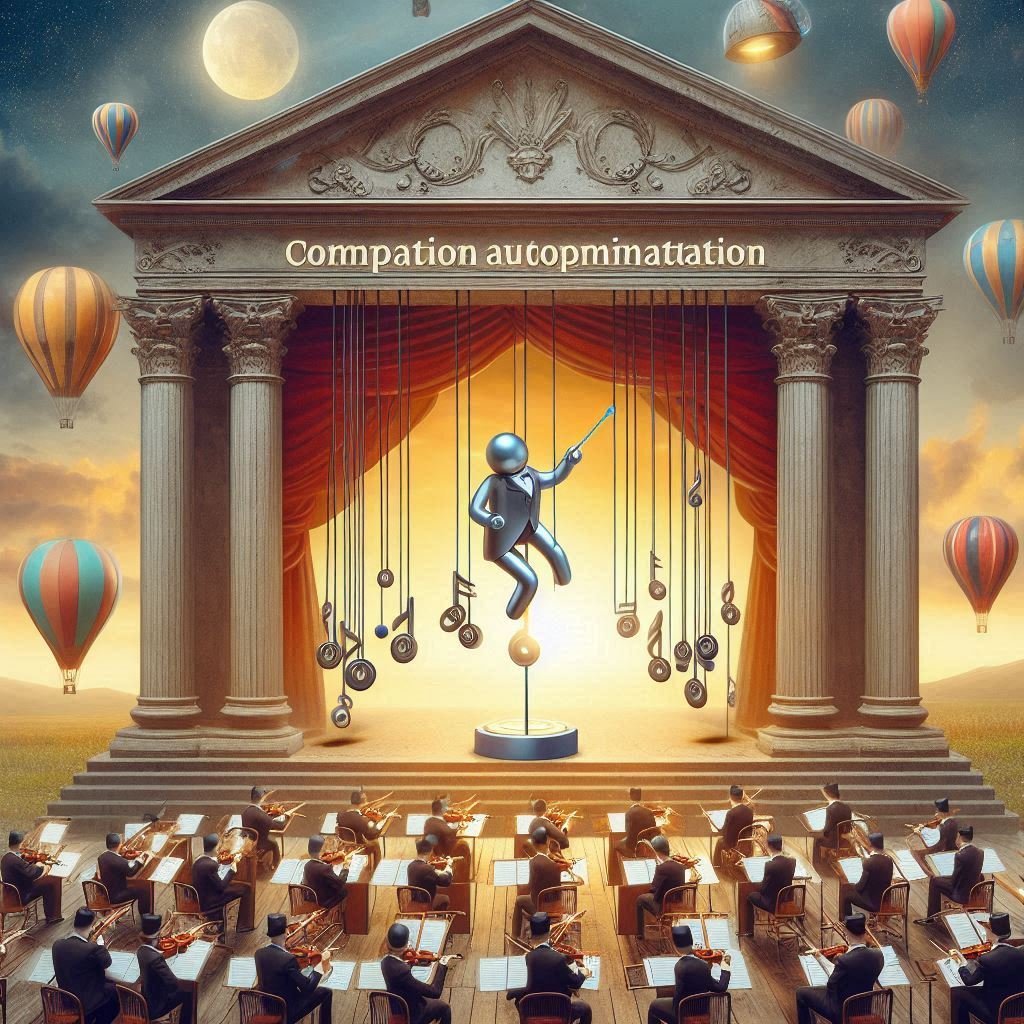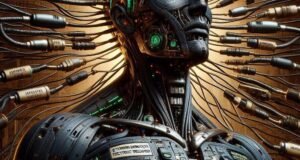Picture prop trading as a grand, high-speed symphony performed in a glass concert hall — the world watching, regulators listening closely, and traders acting as virtuosic musicians playing the volatile notes of financial markets. Each trader is part of a lightning-fast performance, interpreting complex signals, improvising solos in crypto, forex, or equities, and moving in harmony with market tides.

But here’s the twist: the music must follow strict rules — not only artistic, but legal. The score is written in the language of global financial regulations: anti-money laundering, KYC protocols, trading restrictions, leverage caps, data protection, jurisdictional compliance — a tangled sheet of legal notation. One wrong note, one mistimed entry, and the entire orchestra could face penalties, bans, or a revoked license.
In this bustling theater of prop trading, who ensures the music stays on key?
Enter: Compliance Automation — the invisible conductor that leads the orchestra without ever raising its voice.
The Old Way: Manual Maestros with Paper Batons
Traditionally, compliance in prop trading was like having a room full of aging maestros frantically waving paper batons, trying to keep each trader in sync with the rules. They’d review logs, cross-check emails, read reports, and flag any dissonance. It was slow, reactive, and often subjective. And in a global, real-time trading environment, even milliseconds of regulatory delay could cost millions.

The New Age: Code as the Conductor
Now imagine the conductor replaced by a real-time, algorithmic intelligence that listens to every note, watches every hand movement, and instantly detects when a trader is about to go off-key — not with anger or delay, but with a gentle automated nudge.
That’s Compliance Automation: smart systems embedded directly into the heart of the prop trading infrastructure, continuously monitoring actions, flagging breaches, logging data, and adapting to new regulations across jurisdictions.
For example:
- A trader opens a position in a restricted instrument — the automation pauses the trade, alerts the compliance team, and provides context.
- A trader from a banned region tries to log in — access is denied, a secure log is created, and legal protocols trigger.
- A new regulatory update from the EU appears — the system rewrites its rules overnight and applies them across every active account at dawn.
The beauty is: prop trading firms no longer need to choose between agility and compliance. They can have both — speed from their traders and safety from their invisible conductor.
The Orchestra Learns and Adapts
But this isn’t just a rulebook turned into code. The most advanced Compliance Automation systems are built with machine learning — they learn trader behavior over time, detect anomalies, and evolve to prevent not just known violations, but emerging risks.
They begin to recognize, for instance, if a trader’s style is creeping toward insider-patterns, or if certain trades suspiciously match external market manipulation. Like a seasoned conductor sensing when a violinist is about to slip, the system steps in — with precision, not panic.
Transparency as Performance Art
With this conductor in place, prop trading becomes not only faster but more transparent. Investors trust the firm more. Regulators see real-time compliance dashboards. . Even audits transform from stressful retrospectives to smooth, automated recitals of stored actions and policies.
A Harmonious Future
In the grand theater of prop trading, where capital is risked and genius is unleashed, Compliance Automation ensures the show can go on — beautifully, legally, and globally. It doesn’t stifle creativity; it orchestrates freedom within boundaries. It doesn’t shout or punish — it guides silently with precision.
And like the best conductors, it ensures that every note — every trade — is perfectly played in tune with the law.
Because in the symphony of markets, compliance isn’t background noise.
It’s the rhythm that keeps prop trading alive.




